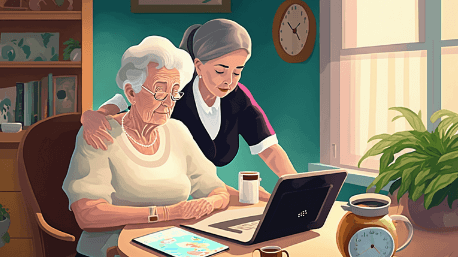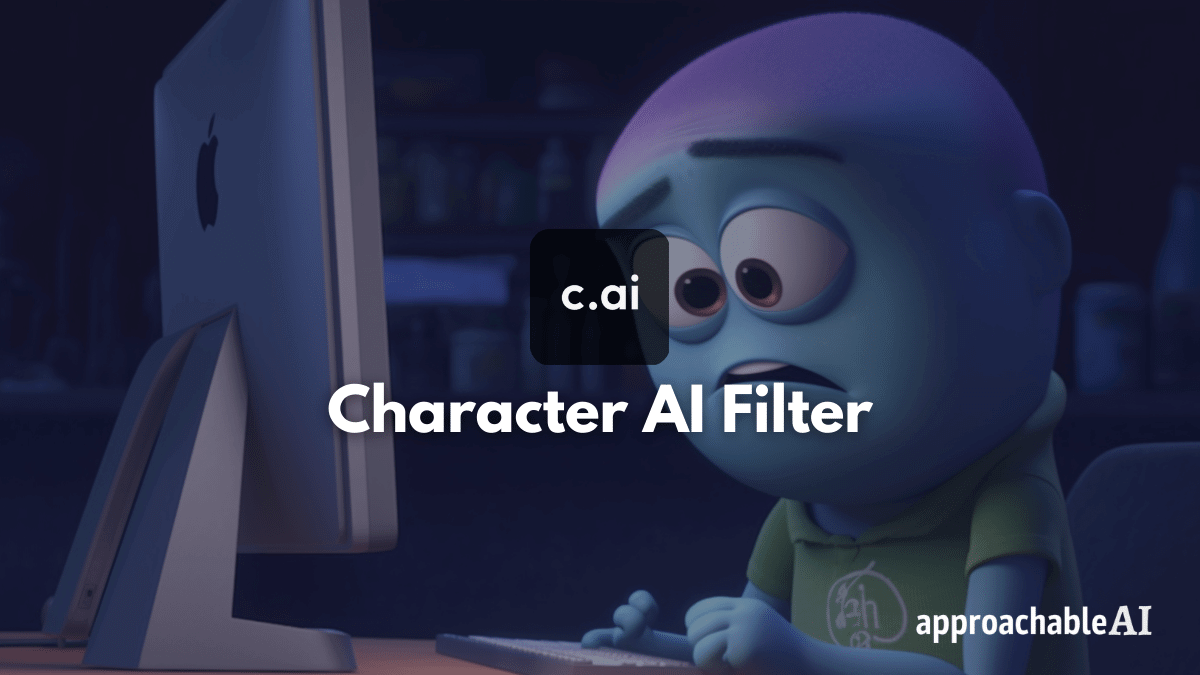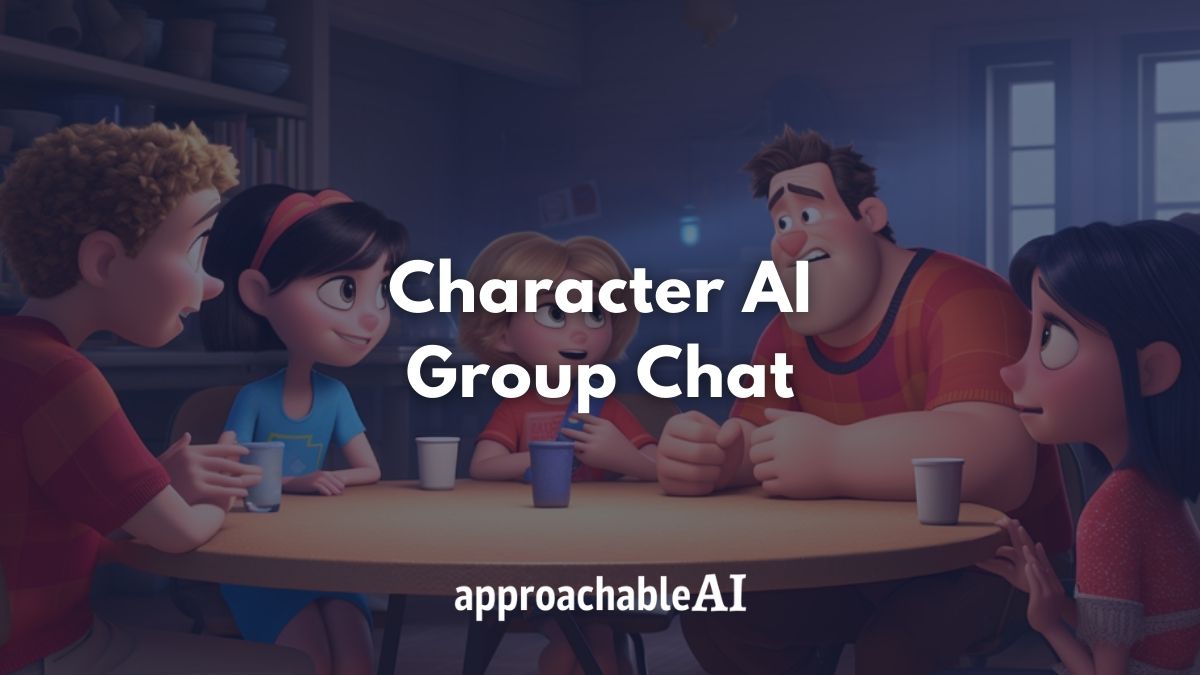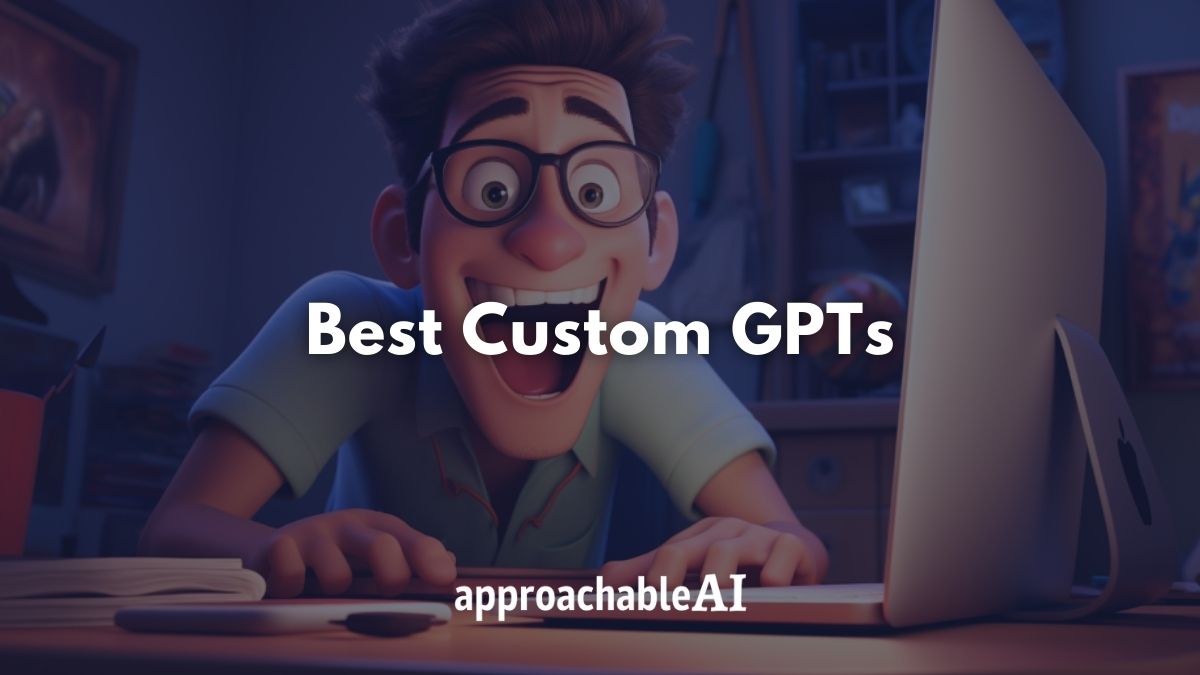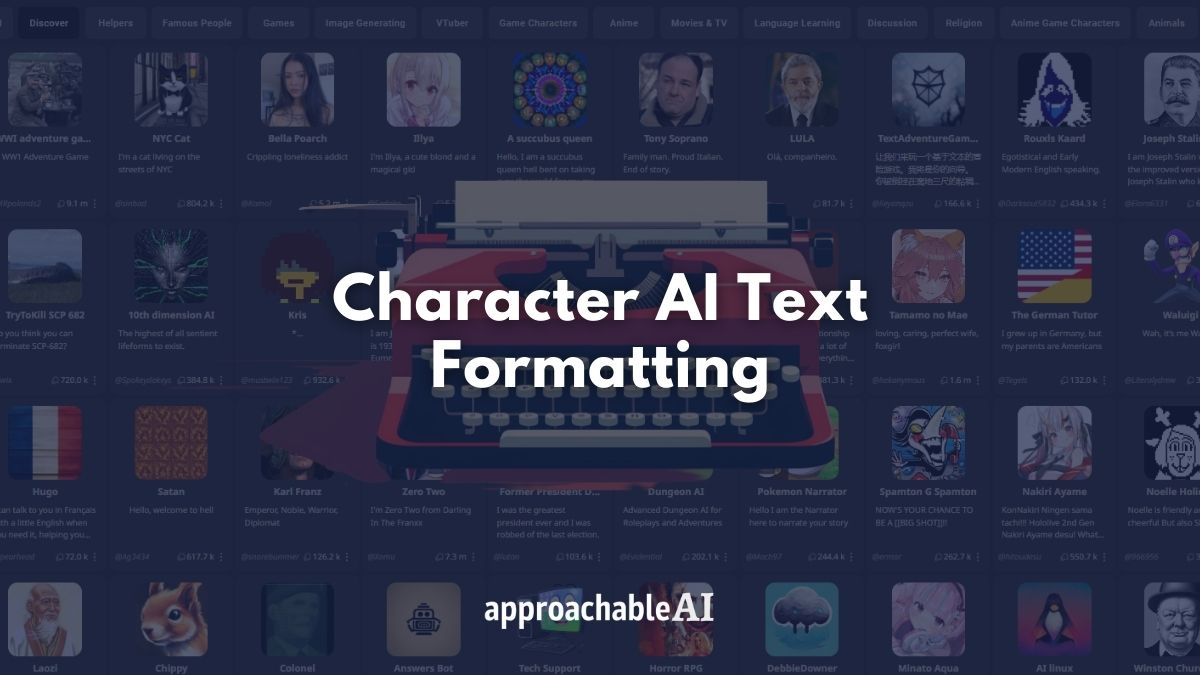Home health AI is one of the fastest-growing fields in the United States.
Over the next 40 years, the number of Americans over 65 will double to over 100 million. Over 70% of those using home health services in the entire country fall within this group.
Our aging population and the desire for independent living contribute to significant demand for at-home health care.

Home health AI consists of several technological advancements that improve the quality of life for seniors, offering them a safe and comfortable environment in the comfort of their own homes.
Heart disease, diabetes, and complications surrounding strokes are the primary reasons for needing care among this group.
The cost for in-home, full-time care for a senior is roughly $5,000 per month. A home health aide ranges anywhere from a few hundred dollars for part-time to several thousand a month for full-time care.
These rising costs and the advent of new AI capabilities have led to a new wave of life-changing products such as health trackers, safety devices, and mental health tools.
These advancements won’t replace doctors or home health aides, but support them in delivering superior patient care.
In this post, we will dive into the benefits of AI in the field of home health, examples of home health AI, and how these technologies will transform the lives of patients and caregivers.
What is Home Health AI?
Home health AI is a branch of artificial intelligence that focuses on improving the health and well-being of seniors in their homes.
This technology uses machine learning techniques to analyze vast amounts of health-related data, including vital signs, sleep patterns, and medication usage.

With this information, home health AI systems can identify potential health problems and provide personalized recommendations to help seniors maintain their health and well-being.
How Does Home Health AI Work?
Home health AI systems typically consist of wearable and smart home devices, such as smartwatches, fitness trackers, and home monitoring systems.
These devices collect and transmit data about the senior’s health and well-being to an AI model, which uses this information to provide personalized recommendations and alerts.

For example, if an elderly patient’s sleep patterns indicate that they are experiencing insomnia, the AI system might suggest a sleep aid or recommend changes to their bedtime routine.
While this is a growing field, below we listed several cases where AI is used today to support home health:
- Personalized care recommendations
- Medication management
- Fall detection and prevention
- Health monitoring and alerting
- Activity tracking
- Nutrition planning
- Sleep analysis
- Cognitive assessment and improvement
- Assistive technology for mobility
- Home safety and security
- Social engagement and communication
- Home automation and control
- Energy management
- Environmental monitoring
- Home cleaning and maintenance
Benefits of Home Health AI

As seniors age, it can become increasingly difficult for them to maintain their health and independence.
The use of home health AI offers numerous benefits for older Americans.
Improved health and well-being
Companionship is a challenge for some older individuals.
Products by companies like OpenAI have driven significant advancements in the quality of chatbots or conversational apps. With prompt engineering, these large language models can carry on entire conversations.
To reduce loneliness, a senior living alone could chat with an AI-powered agent familiar with every historical event and recalls past conversations.
While this is no replacement for human interaction, tools like Character.ai and Replika pave the way for more accessible versions of this technology.
Increased independence
AI sensors allow seniors to live independently at home without constant supervision.
Wearables can provide remote patient monitoring to lower the number of required doctor appointments or visits from home aides.
For example, heart rate monitors can help detect conditions before they worsen.
Enhanced safety
Several simple AI-enabled health products can help seniors feel secure and safe in their homes, as the technology can alert family members and caretakers in the event of a health emergency.
Fall trackers can alert nearby medical services in the case of an emergency.

Additionally, streamlining medication reminders helps ensure that individuals take their medications as prescribed, reducing the risk of missed dosages or medication errors.
Reduced healthcare costs
By enabling seniors to maintain their health and well-being at home, AI products can decrease healthcare costs and reduce the need for hospitalization.
One example is through telehealth or virtual doctor’s appointments.
Rather than having an aide or doctor visit the patient’s residence, a virtual nurse or physician can remotely address any questions about symptoms or medication.
This practice is particularly useful for matters that are not time-sensitive or immediately life-threatening. Each call could potentially save hundreds or thousands of dollars in copay fees.
Challenges with Home Health AI Adoption
The technology gap is one of the most significant hurdles to AI-powered tool adoption among seniors.
Home health AI technology has many benefits for older adults, and understanding how to best motivate and support these users is key to achieving successful outcomes.

Motivation is the cornerstone of successful device adoption and use. This can come from both intrinsic and extrinsic sources.
User characteristics, such as openness to engage and functional ability, can influence how a device is integrated into their daily life.
A further understanding of the motivation and support needed for elderly users is key to ensuring these protocols can be successfully adopted in their home care.
How AI Supports Home Health and Care Aides
With the increased adoption of tech in health care, home care aides are equipped with tools that can assist them in delivering more personalized, efficient, and effective care.
According to the Bureau of Labor Statistics, the home health aide job market is expected to grow at a 25% rate over the next ten years to meet the skyrocketing demand for health care.

This growth in demand is a direct result of the aging baby boomer population and the increasing number of individuals with disabilities who prefer in-home care over institutionalized care.
At-home health technology helps aides provide better care and makes the job easier, reducing the burden of physically demanding tasks and increasing job satisfaction.
Things like scheduling appointments and administrative paperwork can be streamlined or automated, freeing up more time for aides to focus on their jobs.
As a result, home health aides can focus on the most important aspects of caregiving, such as providing emotional support and building meaningful relationships with their patients.
This improvement is essential for reducing caregiver burnout and turnover.
Conclusion
Home health AI is poised to revolutionize the world of senior care.
Despite the challenges that still need to be addressed, such as bridging the technology gap and effectively engaging elderly users, the potential benefits of home health AI are undeniable.
With the right support and implementation, this cutting-edge approach to senior care has the power to revolutionize the industry and transform the lives of seniors for the better.
